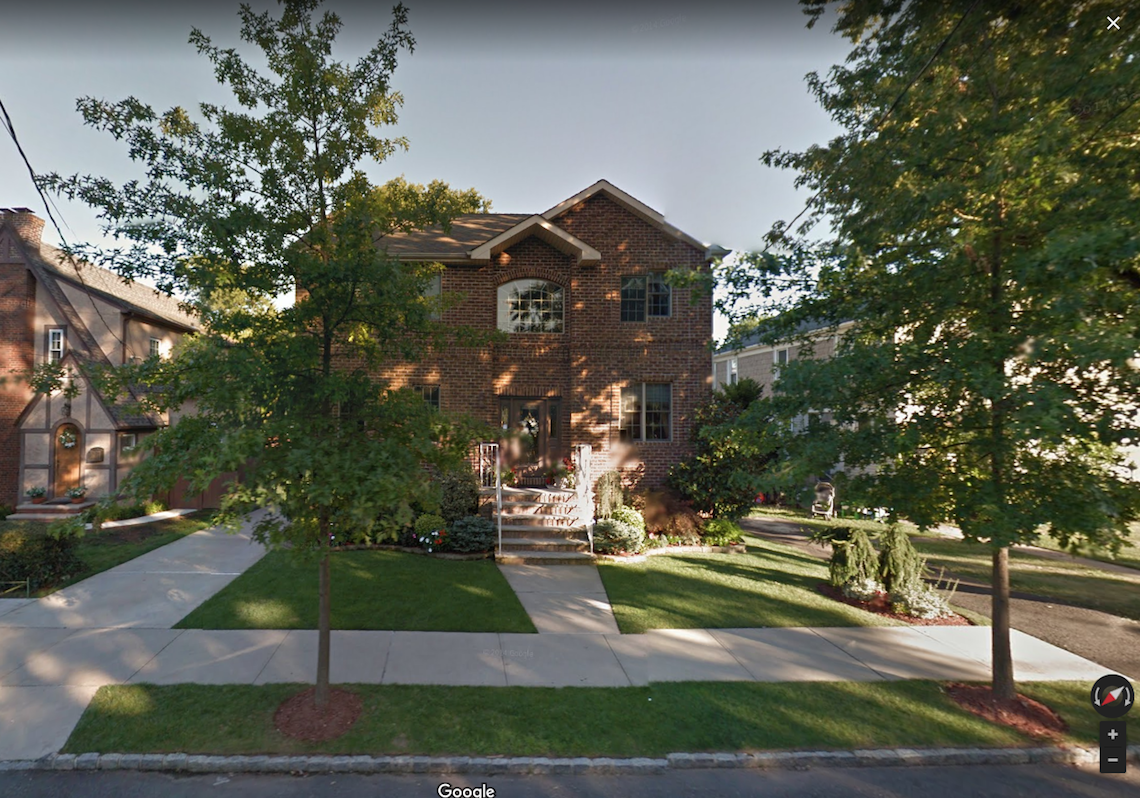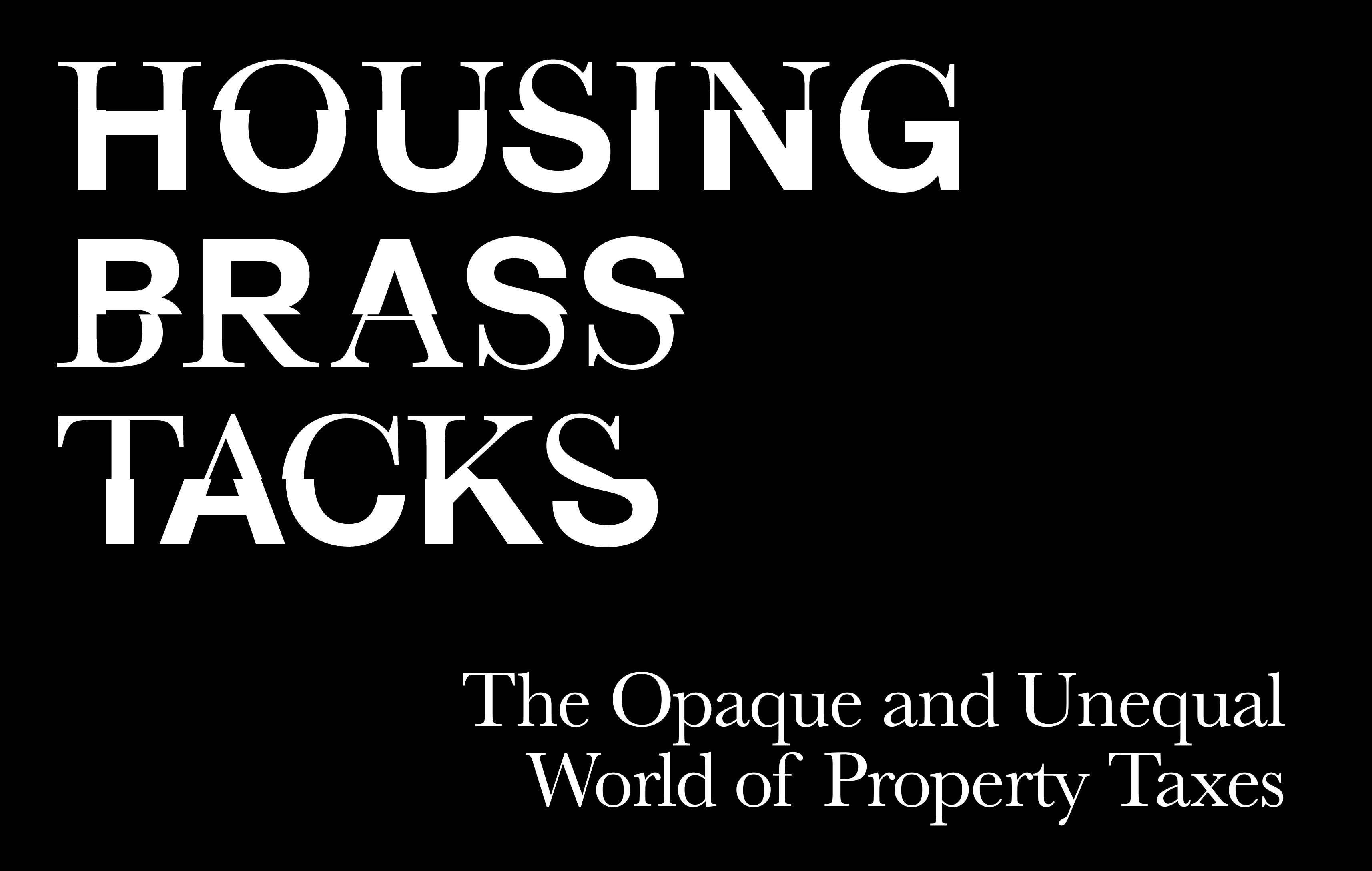
The opaque and unequal world of property taxes
Housing Brass Tacks is an informal discussion series designed as a primer on big ideas and essential mechanics in housing policy and development.
October 16, 2017
7:00 p.m.

Earlier this year, the surprisingly low tax bills of Mayor de Blasio’s two pricey Brooklyn houses made headlines. Yet those familiar with the local property tax system wouldn’t have been surprised at all: the system is riddled with inefficiencies and disparities.
Classifications, market values, assessed values, caps, abatements, and more—the complex system of property tax assessments in New York City is widely considered inequitable. In April, a broad coalition of civil rights organizations, landlords, and others filed a class-action lawsuit charging that the city’s system is racially biased and favors the wealthy. Efforts to reform the patchwork system have repeatedly stalled, not least because making it fairer would mean some taxpayers will have to pay more.
In our 11th Brass Tacks discussion, deputy director of New York City’s Independent Budget Office George Sweeting will detail the issues and inefficiencies in the current property tax system. As New York City’s single largest source of revenue, property taxes are critical to the city’s functioning—and a key to understanding our housing crisis.
Ample time for conversation will follow George’s presentation. You bring the questions, we’ll supply the experts and the wine.
As deputy director of New York City’s Independent Budget Office, George Sweeting oversees IBO’s work on economics, tax policy, revenue forecasting, economic development, and spending by city agencies. He joined IBO during its first year of operations in 1996, originally serving as a senior economist covering the real property tax. Prior to joining IBO, George worked for 10 years at the city’s Department of Finance in the Office of Tax Policy analyzing the city’s income taxes (business and personal), and later, the Property Division where he was responsible for policy analysis and quality control of the real property tax. While with the Finance Department he also served on the staff of the 1987 New York City Tax Study Commission and the 1993 Real Property Tax Reform Commission. George received both his Ph.D. in economic history and his B.A. from Columbia University.
About Housing Brass Tacks
Understanding housing policy, finance, and regulation is daunting. One must wade through a sea of acronyms, untangle public and private interests, trace knotty financial flows, and decrypt complex bureaucracies. Making heads or tails of all this can take a lifetime, but the need to understand is urgent. We all feel New York City’s housing squeeze; increased affordable housing is a centerpiece of our mayor’s agenda; and sweeping changes in housing and community development policy may soon come at the federal level. The Architectural League is here to introduce (or refresh) our housing proficiency. Housing Brass Tacks is an informal discussion series designed as a primer on big ideas and essential mechanics in housing policy and development. We’re getting down to brass tacks: the fundamentals that structure this unwieldy topic.

